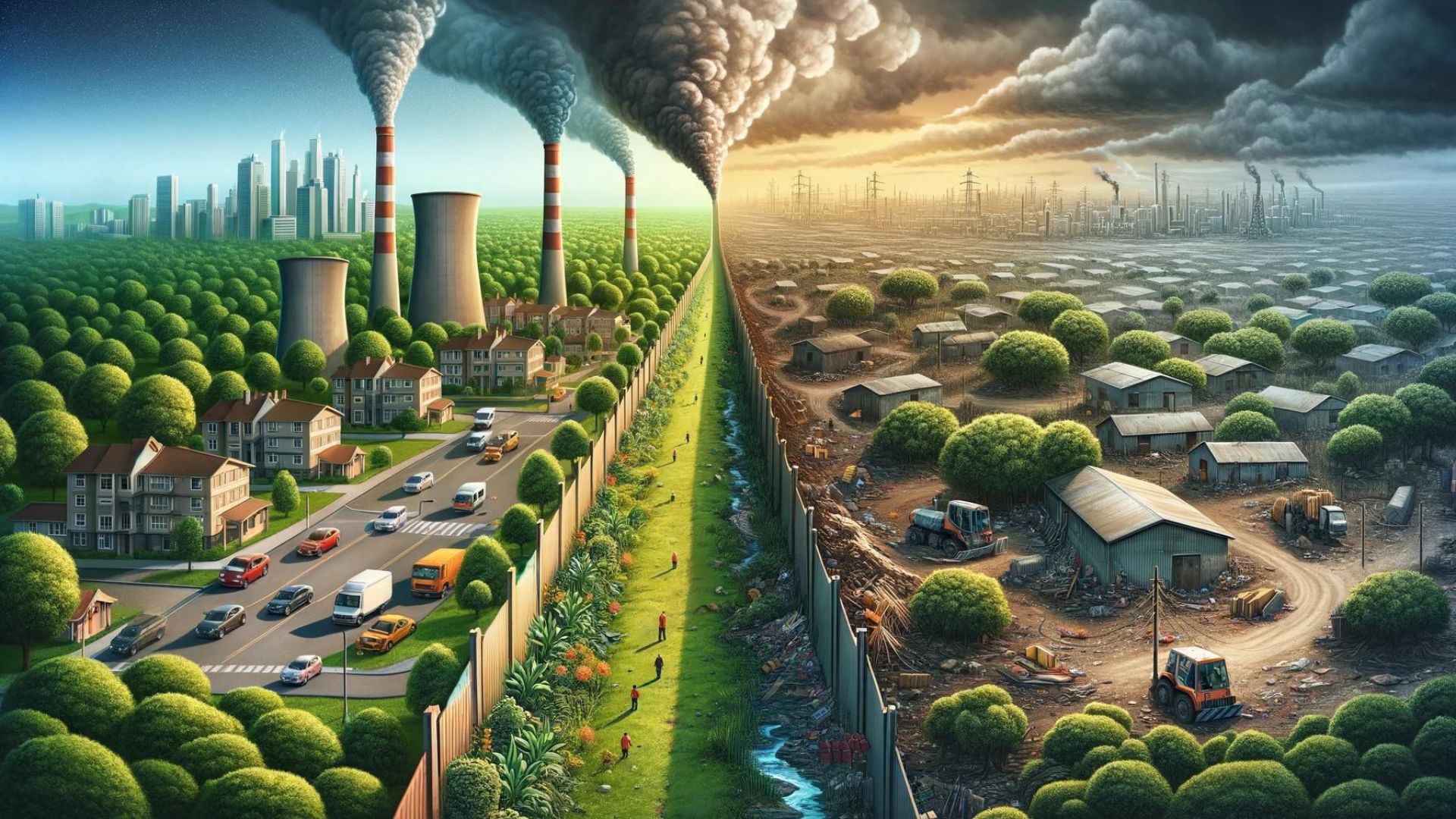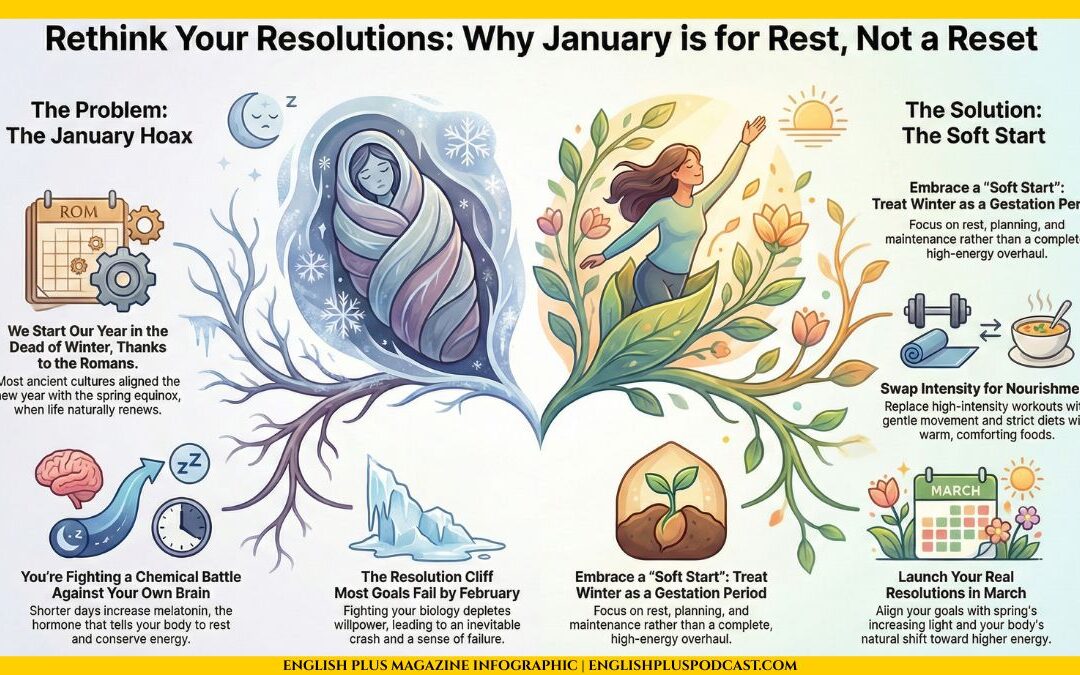Article Audio
Environmental Racism: A Hidden Form of Injustice
Imagine living next to a sprawling landfill, the noxious fumes choking the air. Or, having your community’s only source of drinking water contaminated by industrial waste. Sadly, these scenarios aren’t fiction – they’re the reality for countless marginalized communities across the globe. This is environmental racism in action.
Environmental racism refers to the intentional or systemic practices that place people of color, low-income communities, and indigenous groups at a disproportionate risk from pollution and environmental hazards. This injustice often lurks in plain sight: polluting factories are built in poor neighborhoods, waste dumps are located near reservations, and infrastructure crumbles in areas where minority groups reside.
Why Environmental Racism Matters
Environmental racism isn’t just about aesthetics; it’s a matter of life and death. Think of “Cancer Alley” in Louisiana, a stretch of land along the Mississippi notorious for its high concentration of petrochemical plants that has led to staggering rates of cancer in predominantly Black communities. Or consider the devastating impacts of lead poisoning on children in Flint, Michigan, a public health crisis largely tied to the city’s aging water infrastructure.
The consequences of environmental racism are far-reaching:
- Health Disparities: Exposure to toxic chemicals increases the risk of cancer, asthma, respiratory illnesses, developmental disorders, and a host of other health problems.
- Economic Hardship: Contaminated communities become less desirable places to live, reducing property values and hindering economic growth for residents.
- Erosion of Community: Pollution and health hazards can force people to flee their homes, breaking down social networks and community fabric.
The Roots of Environmental Racism
This form of injustice didn’t occur by accident. Historical systems of discrimination and segregation played a major role. Redlining practices in the past steered marginalized groups into less desirable areas—often near polluting industries or hazardous waste sites. Even today, these communities may lack the political and economic power to advocate for themselves or resist detrimental development projects.
What Can You Do?
Fighting for environmental justice is everyone’s responsibility. Here’s how you can make a difference:
- Educate Yourself: Explore resources like documentaries, news articles, and websites of environmental justice organizations to deepen your understanding of the issue.
- Support Grassroots Movements: Donate to local groups fighting for environmental justice in affected communities. Volunteer your time or skills.
- Demand Action: Contact your elected officials and push for policies that protect vulnerable communities and prioritize sustainable practices.
Remember: The fight for environmental justice is also a fight for the health and well-being of our planet. By standing against environmental racism, we work towards a future where everyone can breathe clean air, drink clean water, and thrive in a healthy environment, regardless of their race or income.
Why Should You Care?
- Human Rights Issue: Environmental racism is a violation of the fundamental right to a clean and healthy environment. Understanding this form of discrimination is crucial for advocating for justice and equality.
- Impacts Everyone: Polluted communities are a public health risk for all. Environmental problems are interconnected, and pollution rarely stays confined to one location.
- Intersectional Injustice: Environmental racism highlights how racial discrimination compounds with other socioeconomic inequalities. Fighting for environmental justice means addressing systemic oppression.
Key Takeaways
- Environmental racism refers to the intentional or systemic practices that place marginalized communities at a disproportionately higher risk of environmental hazards.
- This injustice has severe consequences for health, economic well-being, and community cohesion.
- The roots of environmental racism lie in historical patterns of segregation, discrimination, and a lack of political power in marginalized communities.
- Addressing environmental racism requires educating ourselves, supporting grassroots movements, and demanding policy changes that prioritize environmental justice.
Keywords
- Marginalized Communities: Groups systematically excluded from political, economic, and social power, often due to race, ethnicity, income, or other factors.
- Environmental Justice: The movement that seeks equitable distribution of environmental risks and benefits across all communities.
- Redlining: Historical discriminatory lending practices which denied loans or services to residents of certain areas, usually racially defined.
- Grassroots Movements: Community-based organizations advocating for social, political, or environmental change.
- Cancer Alley: Region in Louisiana notorious for its high concentration of petrochemical plants and disproportionate cancer rates among its Black populations.
- Flint Water Crisis: Lead contamination of Flint, Michigan’s water supply due to cost-cutting measures and systemic negligence, disproportionately impacting the city’s Black residents.
- Environmental Hazards: Pollutants, chemicals, or other factors in the environment that pose a risk to human health or ecosystems.
- Property Values: The estimated market value of a piece of real estate.
- Sustainable Practices: Actions and policies that prioritize the long-term health and well-being of the planet and its inhabitants.
- Intersectional – The interconnected nature of multiple forms of oppression such as race, gender, class, and how they impact individuals and communities.
Frequently Asked Questions
How can I learn more about environmental racism in my area?
Research local environmental justice organizations, news reporting, and academic studies focusing on your community.
Are there ways to address historic environmental harms?
Yes, efforts are underway to clean up contaminated sites, provide health care, compensate victims, and implement policies to prevent future injustices.
What role does privilege play in environmental racism?
Those in privileged positions can use that power to amplify the voices of marginalized communities, push for policy change, and support organizations fighting for environmental justice.
Myth Buster
Myth: Environmental racism only affects a small number of people.
Reality: The impacts of environmental racism are widespread, both directly on communities facing pollution and indirectly on everyone due to interconnected environmental risks.
Let’s Talk
- Do you see examples of environmental injustice in your own community? If so, how?
- How can we support environmental justice movements and ensure this issue receives the attention it deserves?
- What steps can individuals take to advocate for cleaner and healthier communities for everyone?










0 Comments